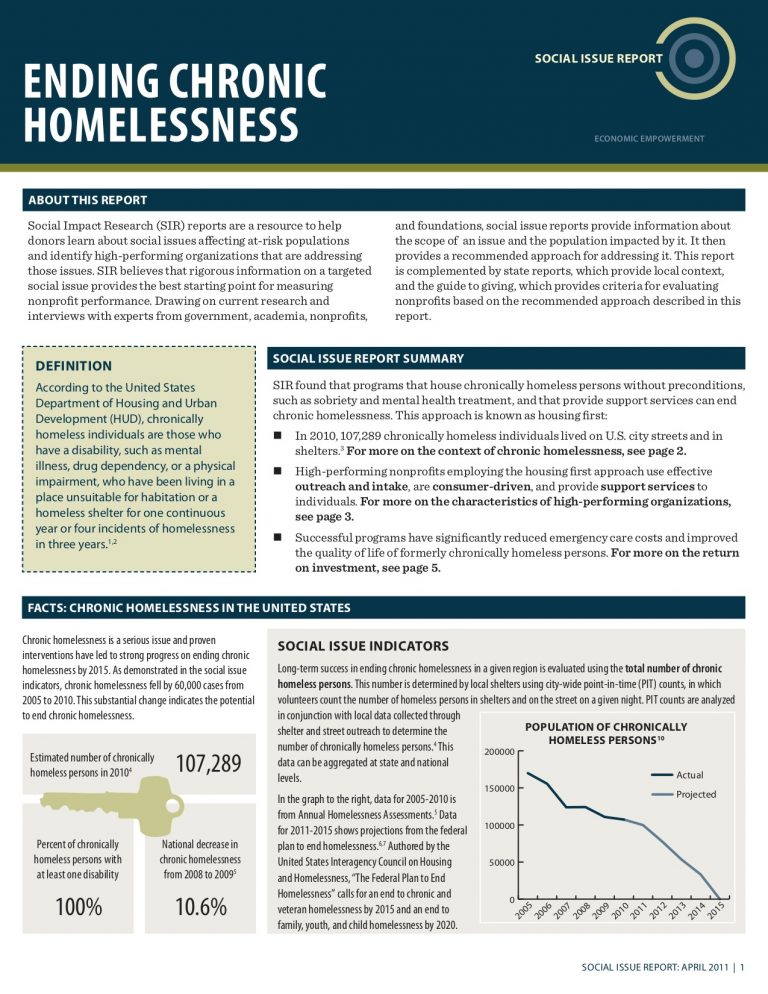Homelessness, a pervasive and multifaceted societal affliction, evokes a myriad of emotions and thoughts within us. Could it be that we, as a society, overlook the deeper roots that perpetuate this crisis? The Bahá’í teachings illuminate insights that might address this pressing issue—a challenge that requires a re-examination of our individual and collective responsibilities. By delving into the teachings of Bahá’u’lláh, we can foster comprehension of the underlying causes of homelessness and explore potential pathways towards its resolution.
At the heart of Bahá’í philosophy is the concept of unity. This principle underscores the importance of seeing humanity as a single entity, wherein the welfare of one is intrinsically linked to the welfare of all. The Bahá’í Faith posits that spiritual and material progress are interdependent, suggesting that solutions to social maladies such as homelessness must consider both the physical and spiritual dimensions of human existence. The notion that each individual’s welfare is bound to that of their neighbor invites a more communal approach to addressing homelessness, demanding both compassion and actionable efforts from society.
Moreover, the Bahá’í teachings stress the significance of an equitable distribution of resources. The economic disparities that exist within societies often exacerbate the conditions leading to homelessness. Bahá’u’lláh advocates for a just economic system, wherein wealth is not monopolized by a minority but is instead shared equitably among all members of society. This vision challenges us to reconsider the systems that govern our economic relationships and to facilitate a more just allocation of resources as a preventive measure against the onset of homelessness.
The spiritual education of individuals is another facet emphasized in Bahá’í teachings. Ignorance is deemed a significant barrier to progress and societal wellbeing. In addressing homelessness, it becomes imperative to ensure that all individuals—including those who are impoverished—have access to education and opportunities for personal and collective development. The Bahá’í perspective advocates for comprehensive educational programs that transcend mere literacy, encompassing moral and spiritual education that fosters a sense of purpose and community engagement.
Furthermore, the idea of service to humanity is a fundamental tenet of the Bahá’í Faith. Engaging in acts of service not only uplifts those in need but also enhances the spiritual and moral development of the giver. By involving ourselves in community service, we can create an environment where the homeless are treated with dignity and respect, thereby alleviating the alienating conditions that plague their existence. In this way, service becomes a transformative act that bridges social divides and fosters mutual understanding among diverse groups.
Yet, how can we, as advocates for change, confront the inherent stigmas associated with homelessness? The Bahá’í teachings encourage us to adopt an empathetic and understanding attitude towards individuals experiencing homelessness. Misconceptions often lead to stigmatization, which can further marginalize those already in vulnerable positions. Educating communities about the realities of homelessness can be instrumental in dismantling these harmful stereotypes. The Bahá’í principle of consulting on issues of public concern advocates for discourse that is inclusive and respectful, a model that could be applied to dialogues surrounding homelessness.
The recognition of social justice, a key aspect of Bahá’í principles, also plays a critical role in addressing homelessness. Social injustices, whether they are economic, racial, or systemic, must be confronted directly and decisively. It is imperative to advocate for policies and programs that correct inequities and provide support for marginalized populations. The Bahá’í community serves as a living example of collective action aimed at fostering a more just society, thereby inspiring others to take similar initiatives.
As we ponder the collective responsibility towards those without shelter, we must also embrace an attitude of spiritual responsivity. The Bahá’í writings emphasize the essential role of prayer and reflection in our lives. While action is crucial, fostering a deep spiritual commitment to serve humanity can lead to a more profound understanding of the challenges at hand. Each person’s connection to the divine can motivate concrete efforts to support the homeless, transforming individual acts of kindness into a collective movement for change.
In conclusion, addressing homelessness through a Bahá’í lens compels us to confront the intricate web of social, economic, and spiritual factors that contribute to this issue. By embracing unity, promoting equitable resource distribution, enhancing education, engaging in meaningful service, dismantling stigma, advocating for social justice, and nurturing spiritual commitments, we can collectively strive towards a society free of homelessness. The challenge remains—are we willing to reevaluate our roles, reconsider our responsibilities, and rise to the occasion in alleviating the plight of the homeless? The responses we cultivate today will resonate throughout the fabric of our communities, shaping the future for generations yet to come.
